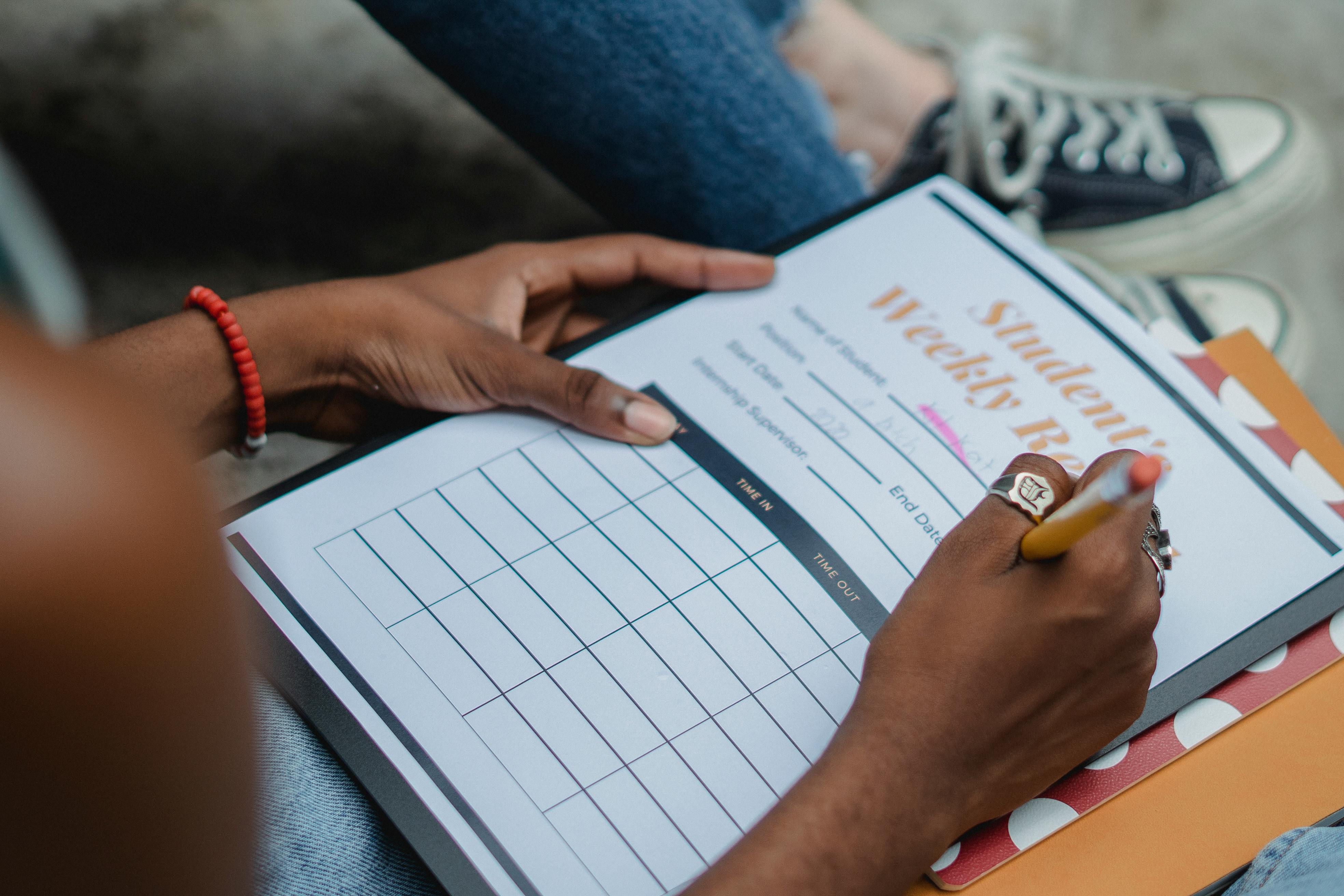
When it comes to lease agreements, they can sometimes be difficult to read, especially if you don’t know what to look for. A lease is made by a landlord and then signed by the tenant (you). You will find that most leases are made up for one year. You will be able to find some that are short-term leases, but this is not common. Regardless of the length of the lease you are signing, you should be sure to read it very carefully to make sure nothing illegal has been put into it.
For most people, reading a lease can be a daunting and somewhat confusing task. But this step must be taken because you must read the different clauses that are included in the lease. For example, there could be a pet, maintenance, or sublet clause. Be sure to read each clause of the lease carefully and do not hesitate to ask questions or get clarification on anything you are unsure about.
Things to consider when reading a lease
One of the most important things to look for is any clause that tells you that you must pay for all damages or repairs to the property. It doesn’t matter what state you live in, this is illegal. The property owner is responsible for all damages and repairs to a property. Some examples of things he or she is responsible for are structural repairs, appliances that come with the property, and anything to do with heating and plumbing.
Another really important thing to keep in mind when reading your lease is to make sure that your security deposit is not part of your rent. Your security deposit is given to the landlord when you move out, and when you move out and the house is still in good condition, your deposit will be returned to you.
You should be sure to review the part of the lease that talks about your utility bills. If you move into a house, it’s normal to have to pay all the utilities. Now this clause can cause some problems. If you are asked to pay for your own electricity and water and you move into a building that only has one meter for the entire building, then this is illegal.
The landlord cannot ask you and the other tenants to split the cost of water and electricity. In this case, you are obligated to pay for those utilities. Now, if the building has a separate meter for each unit, then it is perfectly legal for the landlord to ask you to pay for these utilities. Just be careful and be sure to check your meter situation before you sign your lease.
By making sure you are reading your lease, you are ultimately protecting yourself. If at any point while you are reading the lease and something concerns you or you don’t like, be sure to talk to your landlord. When both parties are satisfied with the lease, you can sign it. A lease is given to protect all parties involved and to make sure there are no misunderstandings along the way.